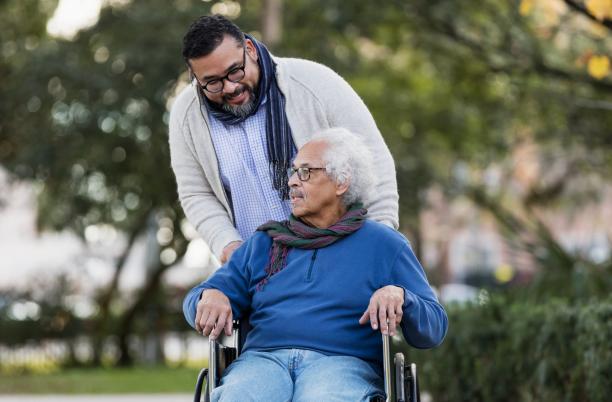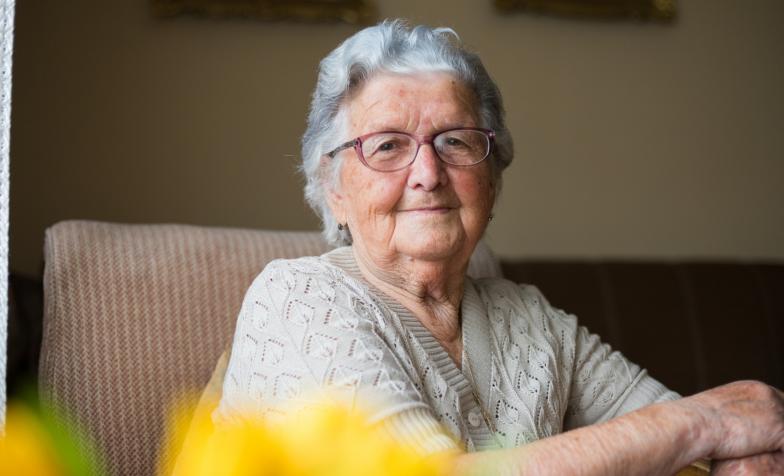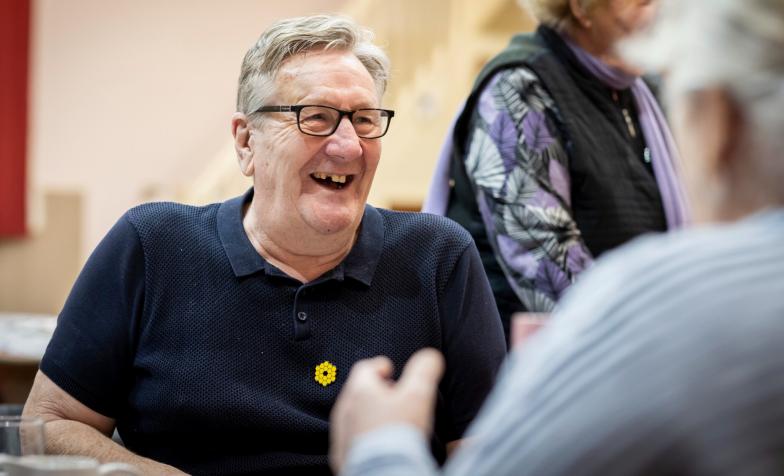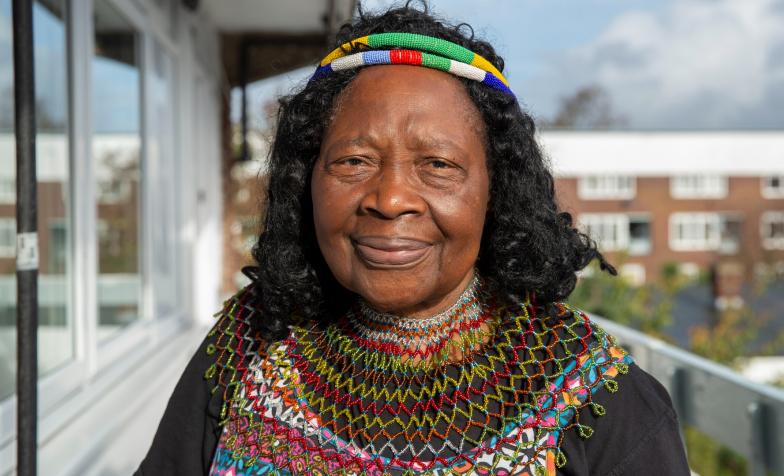
Measuring what matters

On this page you'll find tools to help you explore and measure what matters for your patients, particularly those living with frailty and multiple conditions.
What matters most?
People living with life-limiting conditions are often concerned with more than just their physical health needs. A review of the needs of older people living with frailty found that the things that matter most to them include:
- quality of life
- maintaining their strengths and relationships
- being involved in conversations about their current and future care [1]
Despite this, care services are often oriented toward addressing individuals’ physical health needs. Outcome measures are often designed around how to measure the quality of physical care [2].
How can you ensure we are capturing, measuring, and addressing what matters most to the people you care for? On this page, we've put together some information to help.
Person-centred approaches
Patient reported outcome measures (PROMs) and Patient reported experience measures (PREMs) are examples of person-centred tools, which can capture a person’s experiences and look at outcomes from the point of view of the person experiencing them [3].
This means they prioritise what is important to the person receiving care.
PROMs and PREMs are increasingly used in service evaluations and can help clinicians identify and act upon unmet need [4].
Tools for measuring outcomes & experience
Most tools to measure outcomes for end of life care have been developed to meet the needs of people with cancer and other single life limiting diseases. It is still unclear how well these tools address the needs of people with frailty and multiple conditions.
There are a range of tools available that could help to measure outcomes for this group. You will need to consider carefully how appropriate each tool is, depending on your objectives.
Tools developed for palliative care populations
-
Integrated Palliative Outcome Scale (IPOS). Developed with patients with cancer and other single diseases, this is part of the Outcome Assessment and Complexity Collaborative (OACC)’s suite of measures used to measure different facets of palliative care provision.
-
McGill Quality of life - expanded (MQOL- E) is a palliative care quality of life measure which has some evidence with older adults.
-
Views of Informal Carers Evaluation of Services Short Form (VOICES SF) is a questionnaire completed by bereaved caregivers to explore patient and caregiver experience of end-of-life care.
Person-centred approaches
Other person-centred approaches to capturing outcomes and experiences of those with frailty:
-
Adult Social Care Outcome Toolkit (ASCOT) is part of a suite of tools designed to measure social care related quality of life.
-
Goal Attainment Scaling (GAS) is an individualised approach which enables a patient to set and review goals, while accounting for goals that are perceived as too ambitious or difficult.
This tool has been used in older adult populations and rehabilitation.
-
Measure Yourself Concerns and Wellbeing - MYCAW is an individualised outcome measure, which uses a coding framework to map what matters to a patient.
When the tool is used in follow up consultations it incorporates a question related to the care they have received. A modified framework has been piloted with those with frailty.
-
Strength and asset-based outcomes is an approach developed within social care, focusing on identifying an individual’s strengths, assets, preferences and needs.
-
Most Significant Change (MSC) is a collaborative process of monitoring and evaluating interventions involving several stakeholders and collecting ‘significant change stories’.
-
Support Needs Approach for Patients (SNAP) is a tool designed to identify support needs of the patient which then can facilitate discussion between healthcare professional and patient.
Service markers
You should consider which service markers and metrics you can use to reflect whether you are meeting your patients' preferences for care. These include:
Preferred place of care (PPoC) helps you identify whether individuals’ preferences are being heard and acted upon. This should not be considered synonymous with Preferred Place of Death (PPoD).
Unplanned hospital admissions, 30-day re-admissions and emergency visits are routinely collected to measure care across a setting. Such metrics have been shown to increase for older adults with frailty in the last year of life.

This content was produced in collaboration with the Living and Dying Well Research Group at the University of Surrey.
The information on this page was adapted from text written by Faith Howard, PhD Student for the PRO: Frail Study.
References
- Nicholson, C.J. et al. Addressing inequity in palliative care provision for older people living with multimorbidity. Perspectives of community-dwelling older people on their palliative care needs: A scoping review. Palliative Medicine. 2022.
- Collins, A. Measuring What really matters. Towards a coherent measurement system to support person-centred care. [Internet]; 2014 April [cited 2023 Jan 26].
- Johnston, B. et al. Patient reported outcome measures for measuring dignity in palliative and end of life care: a scoping review. BMC Health Services Research. 2017; 17.
- Bowling, A. Research Methods in Health: Investigating health and health services. 4th ed. Maidenhead: Open University Press; 2014.




